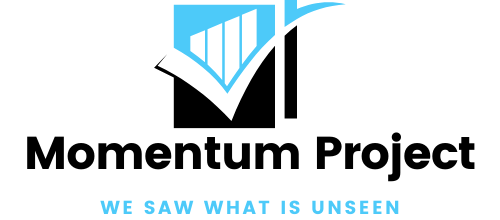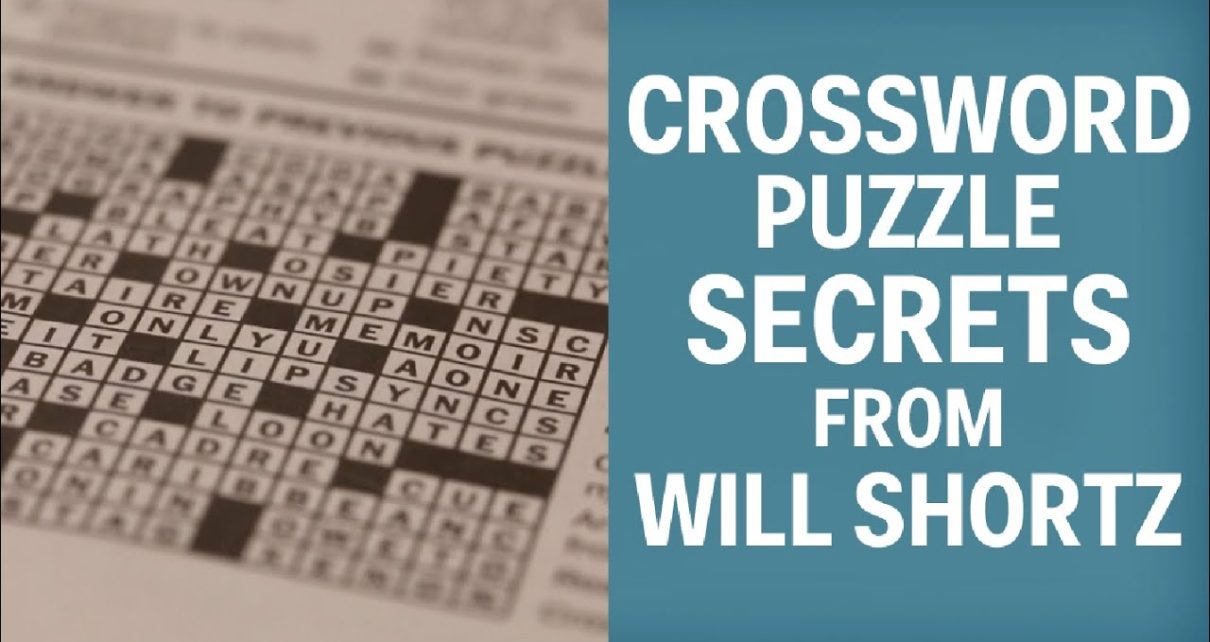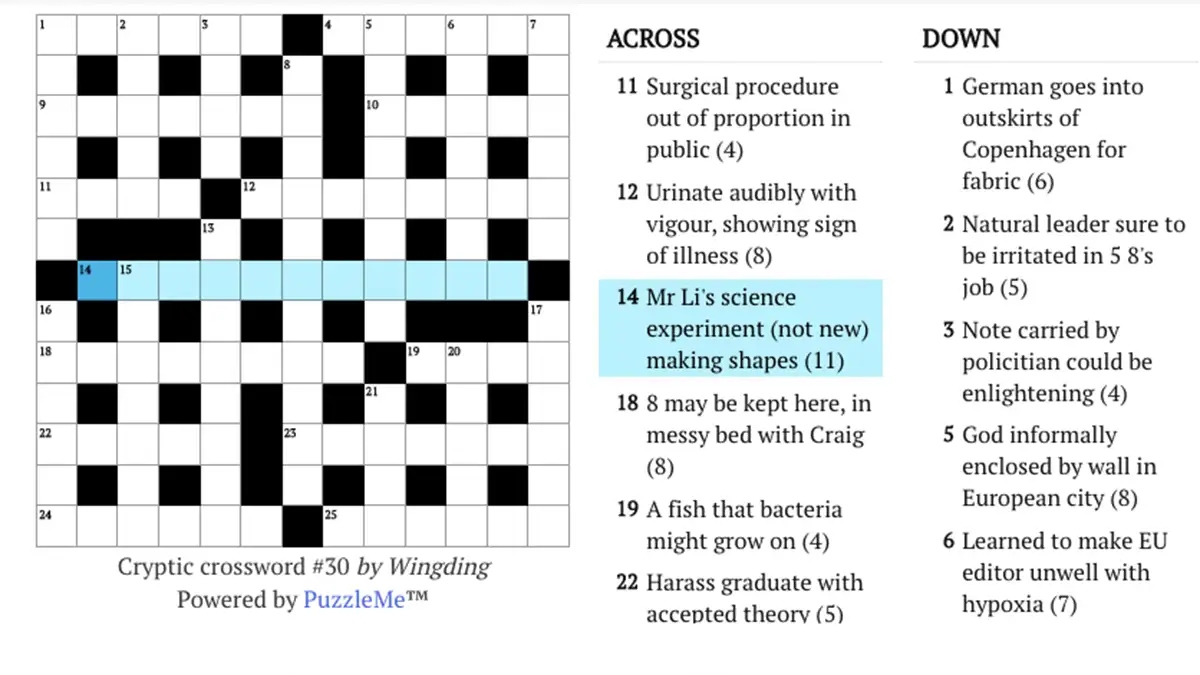Crossword puzzles can be both fun and educational. But solving them can also be challenging, as some clues may seem impossible to crack. Fortunately, several strategies, including referencing a reliable פתרון תשחצים resource, can help you become a master of crossword puzzles and increase your chances of success. Here are some must-have strategies for solving difficult crossword puzzles that will guide you toward conquering even the most perplexing clues.
1. Take Time to Analyze the Clue
Before attempting to solve any puzzle, it’s important to take time to read and understand the clue carefully. Look out for words such as “not” or “never,” which change the clue’s meaning altogether. Also, pay attention to any punctuation marks in the clue – they could provide valuable insight into what type of answer you seek. Finally, if possible, break up long clues into smaller pieces so you have a better chance of understanding them.
2. Use Wordplay and Alliteration
Many challenging crossword puzzles rely on wordplay or alliteration to obscure the true meaning of their clues. For example, a clue might contain two words with similar sounds but different meanings (e.g., “drill/drawl”). To solve this type of puzzle, try thinking outside the box – use synonyms or search for other words with similar sounds that could fit within that particular space in the crossword grid.
3. Utilize Online Resources
If you find yourself stuck on a difficult clue, don’t hesitate to utilize online resources such as dictionaries or anagram solvers – these tools can often provide useful insights into how different combinations of letters work together when trying to solve a cryptic clue. Additionally, many websites offer printable versions of popular crosswords along with their answers so you can compare your own attempts with those of professional puzzlers who know more about wordplay than most people do!
4. Think Laterally and Work Backwards
A key strategy for tackling tough crosswords is to think laterally and approach each problem from different angles rather than just one direction until something clicks in your mind and helps you make progress in solving it. You should also consider working backward from known answers to unknown ones; this method allows you to fill in gaps by linking related words across different areas of the grid to uncover new solutions quickly!
5. Use the process of elimination
Another great way to find difficult clues is to use the process of elimination; if several answers fit within certain parameters, but only one works perfectly, then eliminate all the others until only that one remains! This strategy is especially helpful when dealing with complex grids where each row contains dozens upon dozens of letters – starting small by crossing off incorrect answers will eventually get you closer to an overall solution much faster than blindly guessing randomly without any logic behind it!.

6. Find connections between clues
Most experienced puzzle solvers know that connecting seemingly unrelated clues is often essential to finding the correct solution – after all, sometimes the answer lies not just in a single clue, but in the combination of several clues! The next time you are faced with a particularly tricky puzzle, take a look at the other parts of the grid before jumping straight into solving it – there is always the chance that something interesting will be hidden somewhere else to tie it all together!
7. Make smart guesses when necessary
Sometimes even using all these methods won’t get you very far – don’t despair, though, as sometimes making educated guesses based on intuition alone can also help! If nothing else works, pick the one that seems most likely based on your level of experience and knowledge; over time, these guesses will become more accurate as practice really does make perfect when it comes to solving difficult crosswords like these!
8. Celebrate your successes!
Last but not least, once you’ve completed a particularly difficult puzzle, celebrate your success, no matter how small it may seem, because even getting just a few entries right still takes skill, so pat yourself on the back for a job well done! After all, part of the joy comes from successfully completing something, regardless of the difficulty.


